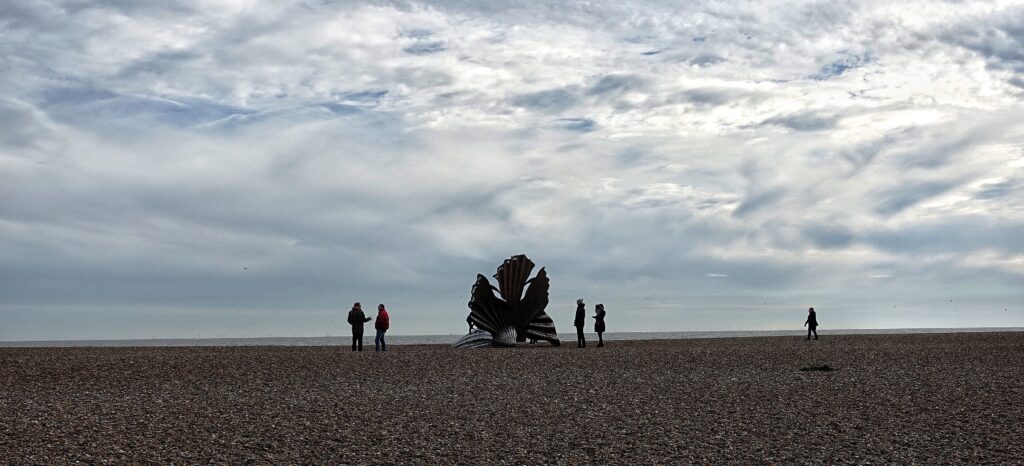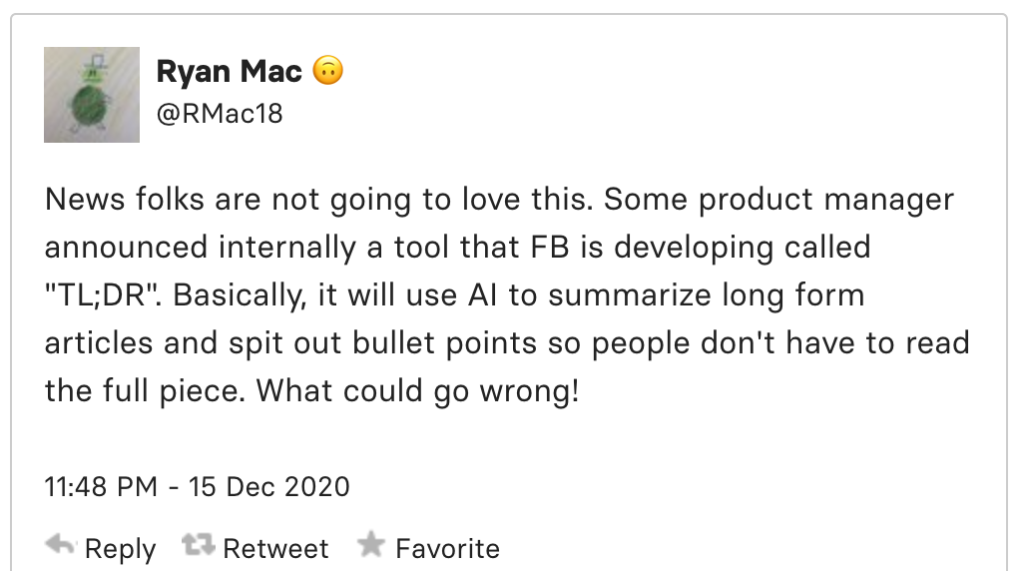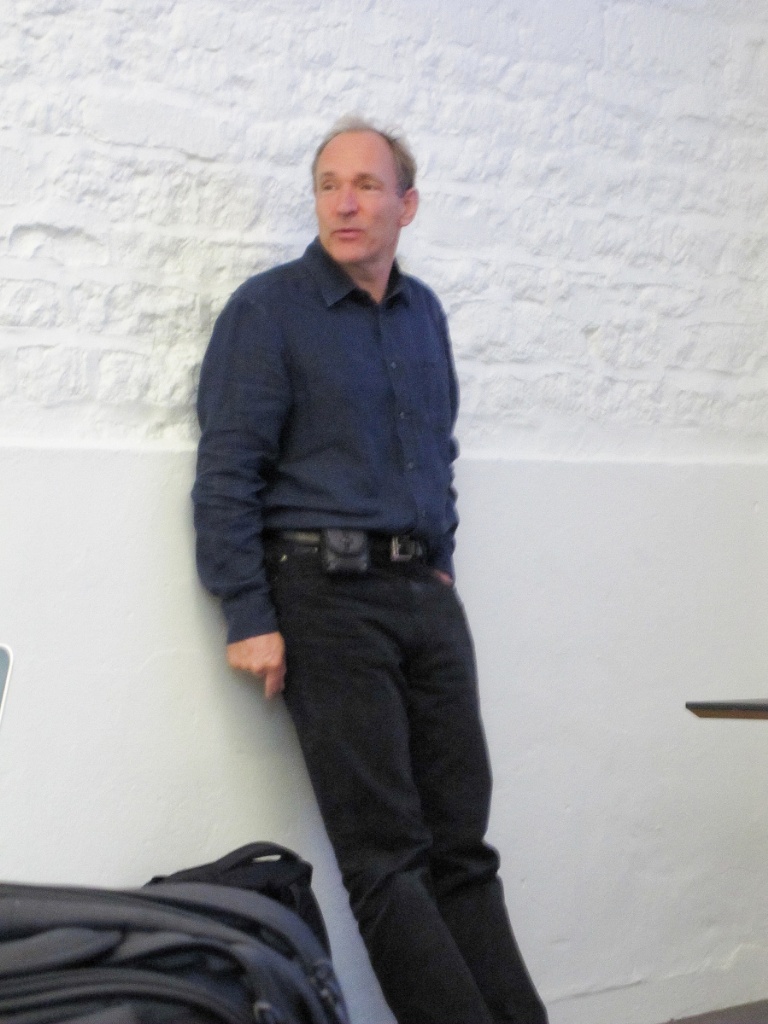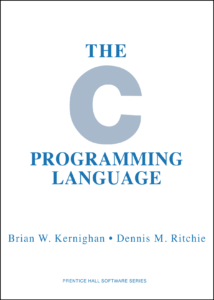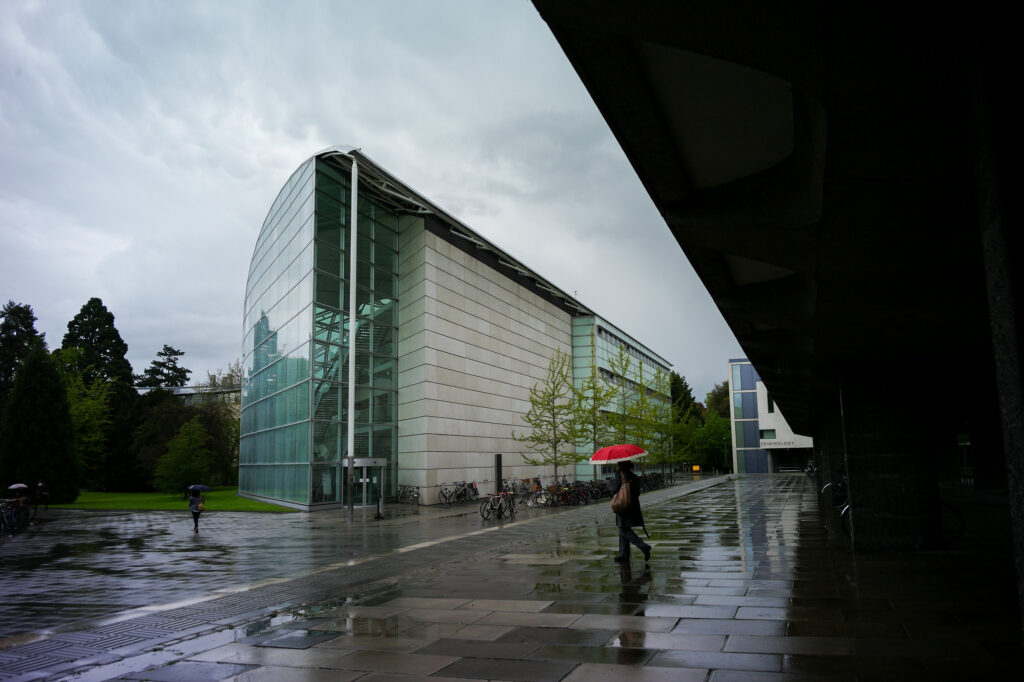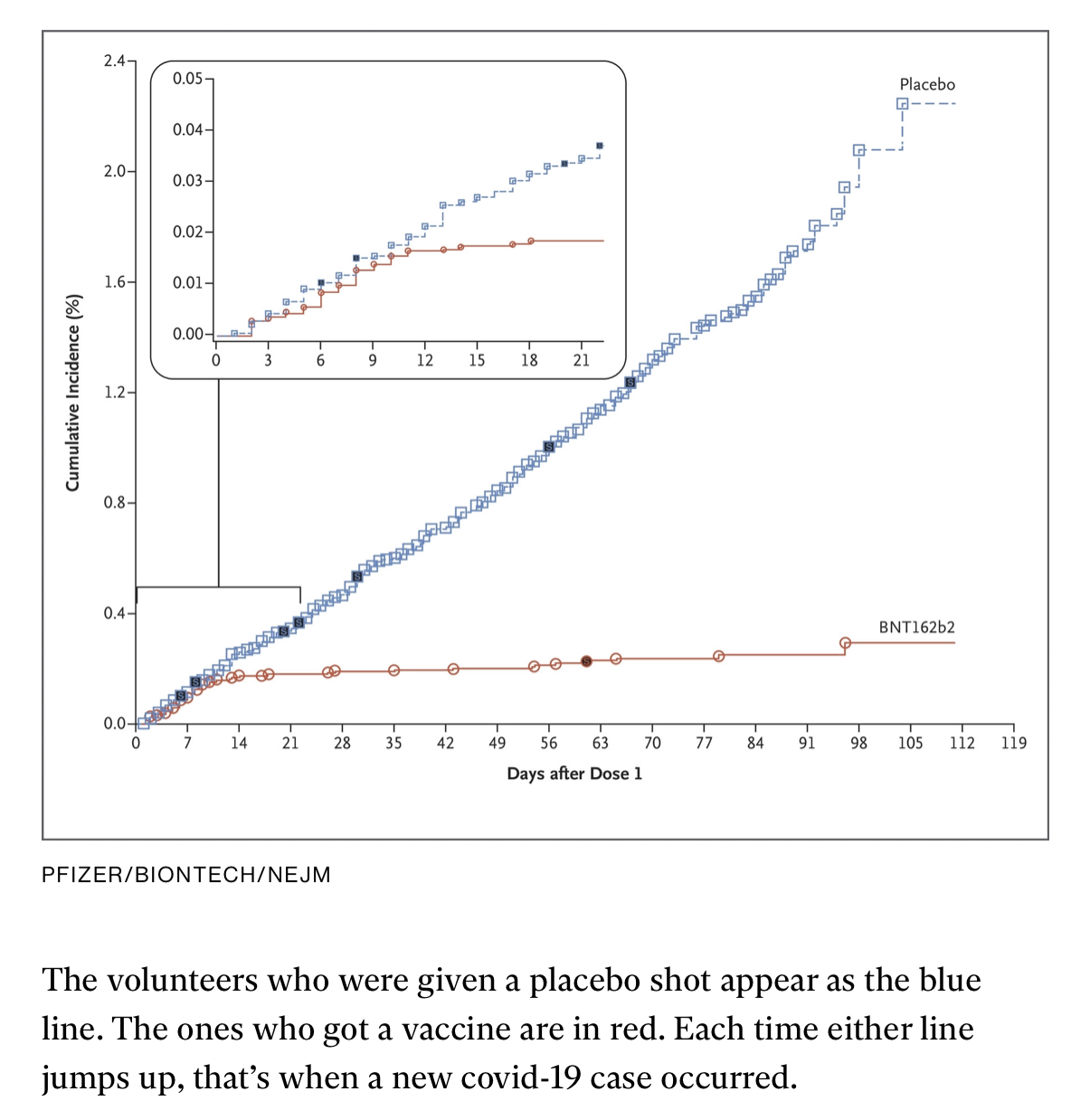Horseman, Pass By
Yeats’s grave, Drumcliff Churchyard, Co. Sligo.
A regular stopping point when we’re in Ireland.
My Quarantine Diary
Find it here
Quote of the Day
”Men are the only animals who devote themselves assiduously to making one another unhappy. It is, I suppose, one of their godlike qualities.”
- H.L. Mencken
Musical alternative to the morning’s radio news
Michael Haydn | Trumpet concerto in D major, MH 104
New to me, but lovely.
Long Read of the Day
Means of Descent by Rachel Syme
Wonderful interview with Robert Caro, the biographer of Robert Moses and Lyndon Johnson, on writing about political power and the people who wield it.
Sample:
Newsday had me investigate Moses wanting to build a bridge from Rye to Oyster Bay, and another one from Orient Point to Connecticut. It was the world’s worst idea. It would have required 8 or 10 more lanes on the expressway just to handle the traffic. And it was so long that the piers that would hold it up would have to be so big that they would disrupt the tidal flow in Long Island Sound and cause pollution. So I wrote these stories.
They sent me up to Albany, and I saw Governor Rockefeller and the assembly speaker, and the president of the State Senate. Everyone seemed to know it was the world’s worst idea. So I wrote these stories that the bridge was dead. And about two weeks later, a friend called and said, “Bob, you better come back up here.” And I said something like, “Oh, I don’t think that’s necessary.” But I remember walking into the assembly chamber as they were voting on the next step, and it was some vote like 144-to-3 to authorize it.
I remember thinking in that moment: Everything you have been doing so far is bullshit. That was a moment for me. Everything is based on this feeling that in a democracy power comes from the voters, being elected. But here was a guy who was never elected to anything. A guy who had more power than anyone who was elected, more power than any mayor, more power than any governor, more power than any mayors or governors combined. And he had had this power for 44 years, and with it, had built everything! And I said to myself: You, who are supposed to know something about political power, have not the faintest idea about how it works, and apparently neither does anybody else.
Wonderful.
US Army develops a Covid face mask in record time
The U.S. Army has developed a new face mask called the Combat Cloth Face Covering (CCFC). It consists of a piece of cloth and head bands.
Question: how long did this take? Answer: nearly 12 months.
Here’s the story — from Popular Mechanics, which never fails to delight.
U.S. Army soldiers will soon be wearing a new face mask designed to protect them from COVID-19. The Army developed the Combat Cloth Face Covering (CCFC), which is visibly no different from commercial masks designed and brought to market within days of the pandemic, on what the service calls an “expedited timeline.”
But the glacially slow development is yet another dysfunctional procurement program from a service that takes years to purchase something as simple as a handgun.
The CCFC is a face mask in the Army’s Operational Camouflage Pattern (OCP), allowing it to match the appearance of the standard OCP combat uniform. It consists of a piece of OCP cloth, an elastic headband, and a second drawstring band … and that’s pretty much it.
According to the Army:
The CCFC was designed, developed, and produced along an expedited timeline. It normally takes 18–24 months for DLA (Defense Logistics Agency) to have the item available for order once the technical description, design, and components are approved and submitted. The CCFC, from inception to issuance, is slated to take less than one year.
Truly, you couldn’t make this up. Unless, that is, you have never worked in military procurement.
Sadly, though, the story of the Fisher Space Pen — the one with the pressurised refill which enabled it to write in zero-gravity conditions — is an urban legend. Here’s how Wikipedia tells it:
An urban legend states that NASA spent a large amount of money to develop a pen that would write in space (the result purportedly being the Fisher Space Pen), while the Soviets just used pencils. In reality, NASA began to develop a space pen, but when development costs skyrocketed the project was abandoned and astronauts went back to using pencils, along with the Soviets. However, the claim that NASA spent millions on the Space Pen is incorrect, as the Fisher pen was developed using private capital, not government funding. NASA – and the Soviets – eventually began purchasing such pens.
Shame to spoil such a lovely neoliberal story with the mundane truth, but there it is.
I’ve had several Space Pens in my time. Sadly, they’re not as good as they used to be. I’ve found that there’s sometimes leakage from the ballpoint if you keep the pen in a trouser pocket..
This blog is also available as a daily email. If you think this might suit you better, why not subscribe? One email a day, delivered to your inbox at 7am UK time. It’s free, and there’s a one-click unsubscribe if you decide that your inbox is full enough already!


